Please make note that for riding like this you need firm ground. Previously frozen or previously dry. If there has been mud on the trails and we get 2″ of snow on top of that DO NOT RIDE. You are only causing damage to the trail.
Here are some tips which will help you get the most out of riding in the snow regardless of what bike you prefer to use.
1. Adjust Tire pressure.
The most important factor for gaining traction in the snow is tire pressure. A
fat bike specific low pressure gauge is a great investment. Fat bikes run tire pressures of less than 5 PSI. This allows for some built in shock absorption, as well as more surface area that is in contact with the ground. This rule is also in effect with (skinny) bikes in snow. You will get roughly 50% better traction if you decrease your pressure by about 50%. You won’t need to worry about a blown tube, as the speeds you will be traveling at are low and everything that could pop a tire is padded by a layer of snow.
2. Ride with Haoqi Flat pedals.
Once you stop and place your foot in the snow or
hike-a-bike (which you will do), you will have a hard time getting your cleat back into your pedal. Ride with flats! This also allows you to wear hiking boots (high top, water proof) and can save you from buying specific winter riding boots.
3. Sliding is Normal.
You slide around a lot when you ride in deeper snow. It’s a bit like ice skating. When you start out it feels weird. Many trails are somewhat concave and curve up on the sides so when you are riding in powder, once you get too high on the side of the trail you will slide back into the center (the low). Kind of like driving a car in ruts on the highway. Your bike will just always want to settle at the low point of the trail. Obviously you will want to try and ride in the center from the start, but sometimes you just can’t tell. This takes some getting used to but it becomes comfortable quickly. Try and look up. Don’t stare down at the ground. You will have better balance if you look ahead to where you are going.
4. Stay Seated.
Similar to how a 2WD pickup needs weight in the bed to gain traction in snow, your rear wheel drive bike needs weight in back to retain traction as well. When climbing a hill, you need to keep your weight back. Don’t attempt to stand unless it’s a quick punch over a rock or something. A dropper post will make the downhills a lot more fun.




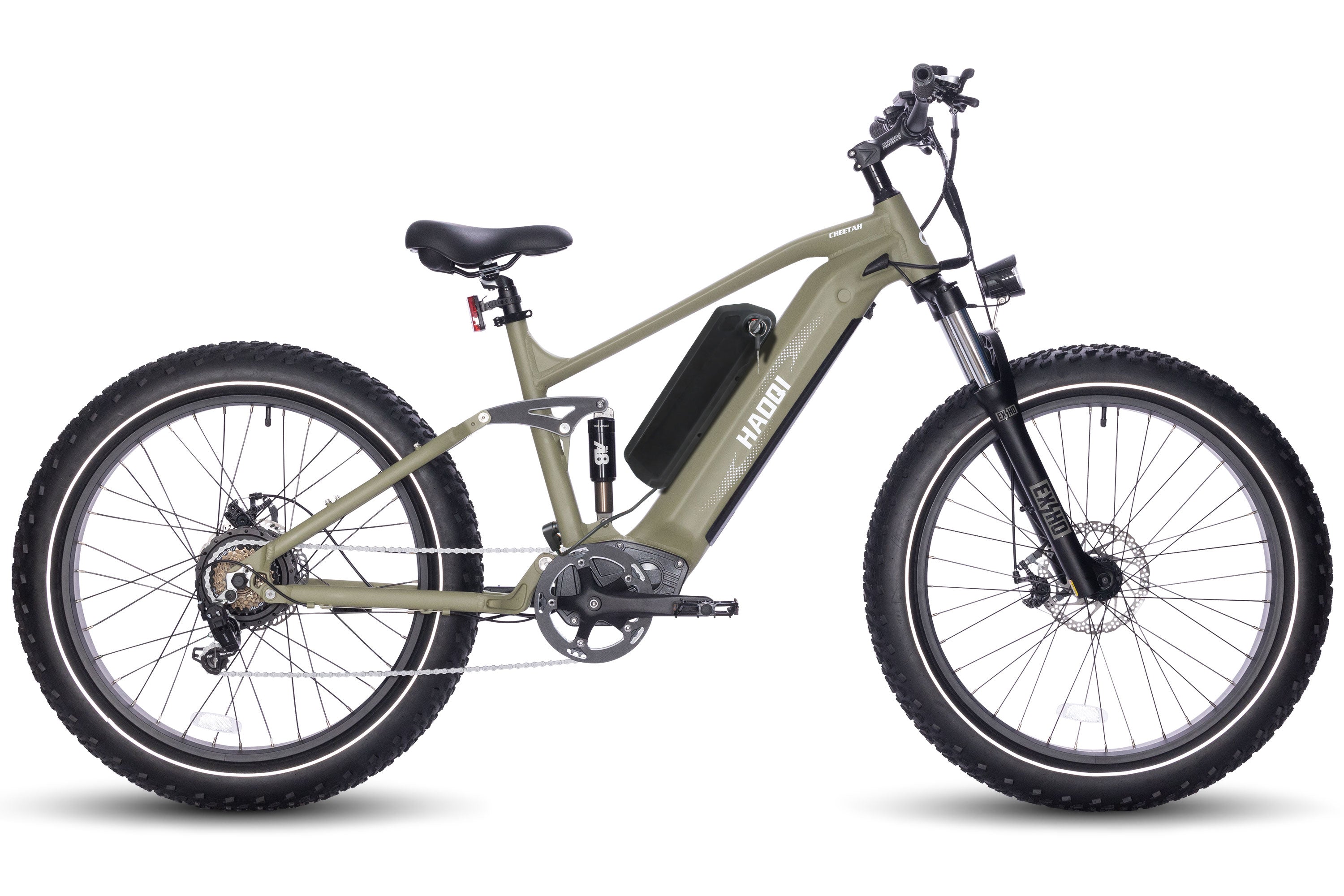
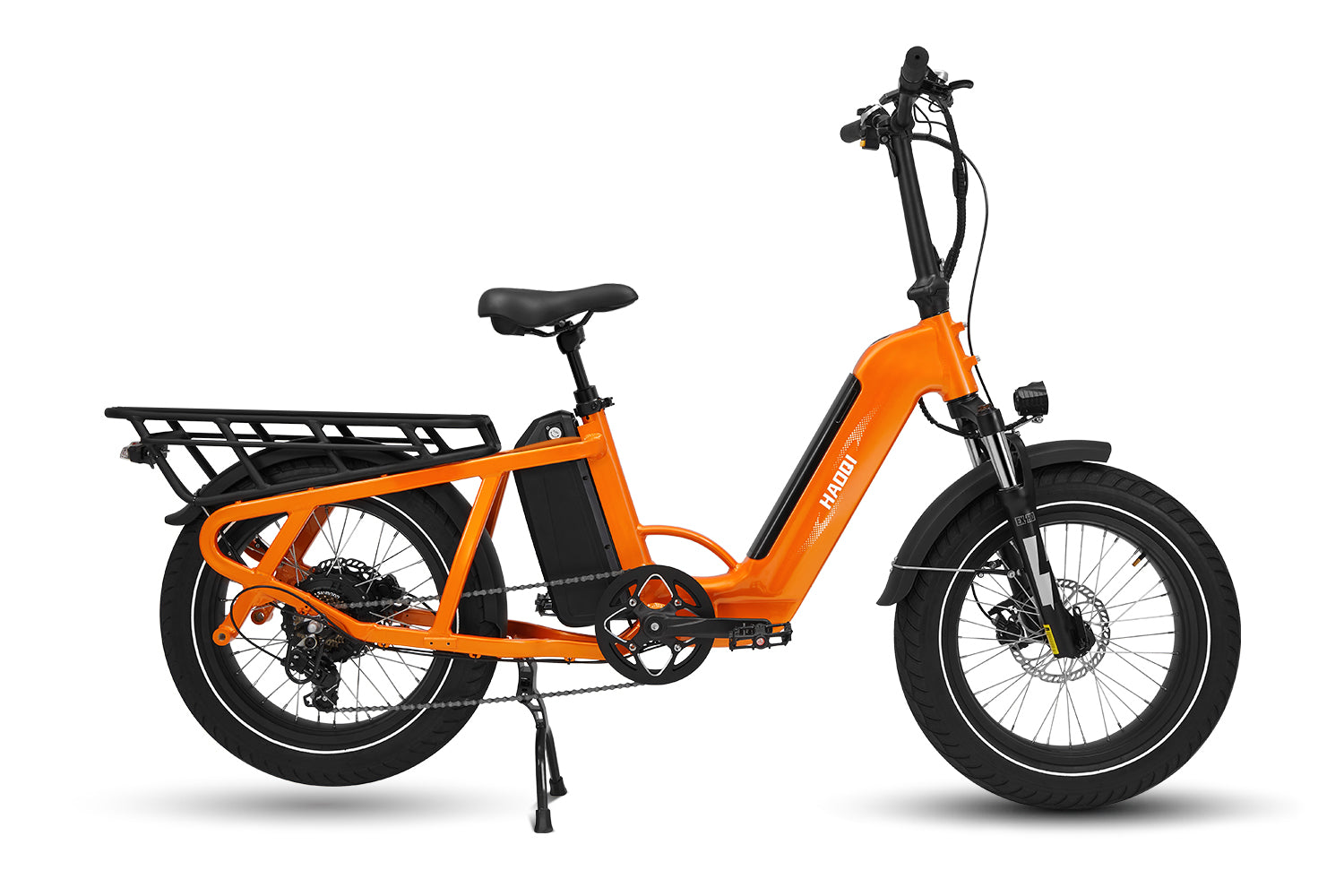
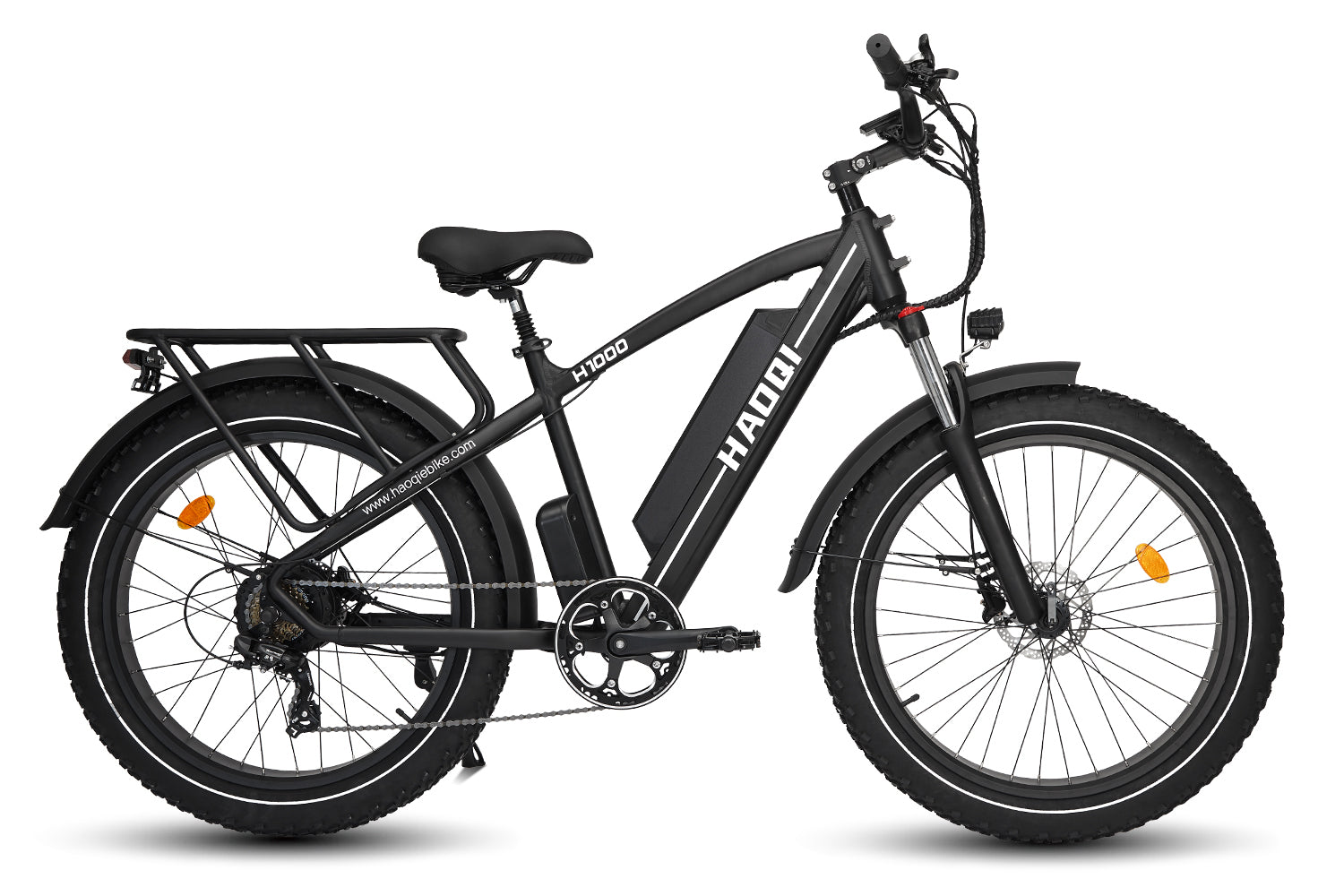
![HAOQI Antelope 500W Cargo Electric Bike (UL Certified) [electric bike] [HAOQI ebike]](http://haoqiebike.com/cdn/shop/products/haoqi-antelope-cargo-electric-bike-with-dual-battery-haoqiebike-com-1.jpg?v=1753954498&width=1500)
![HAOQI Squirrel Folding Electric Bike (UL Certified) [electric bike] [HAOQI ebike]](http://haoqiebike.com/cdn/shop/files/1_03c67b67-715e-4617-a648-51f108ceb425.jpg?v=1766473332&width=1500)
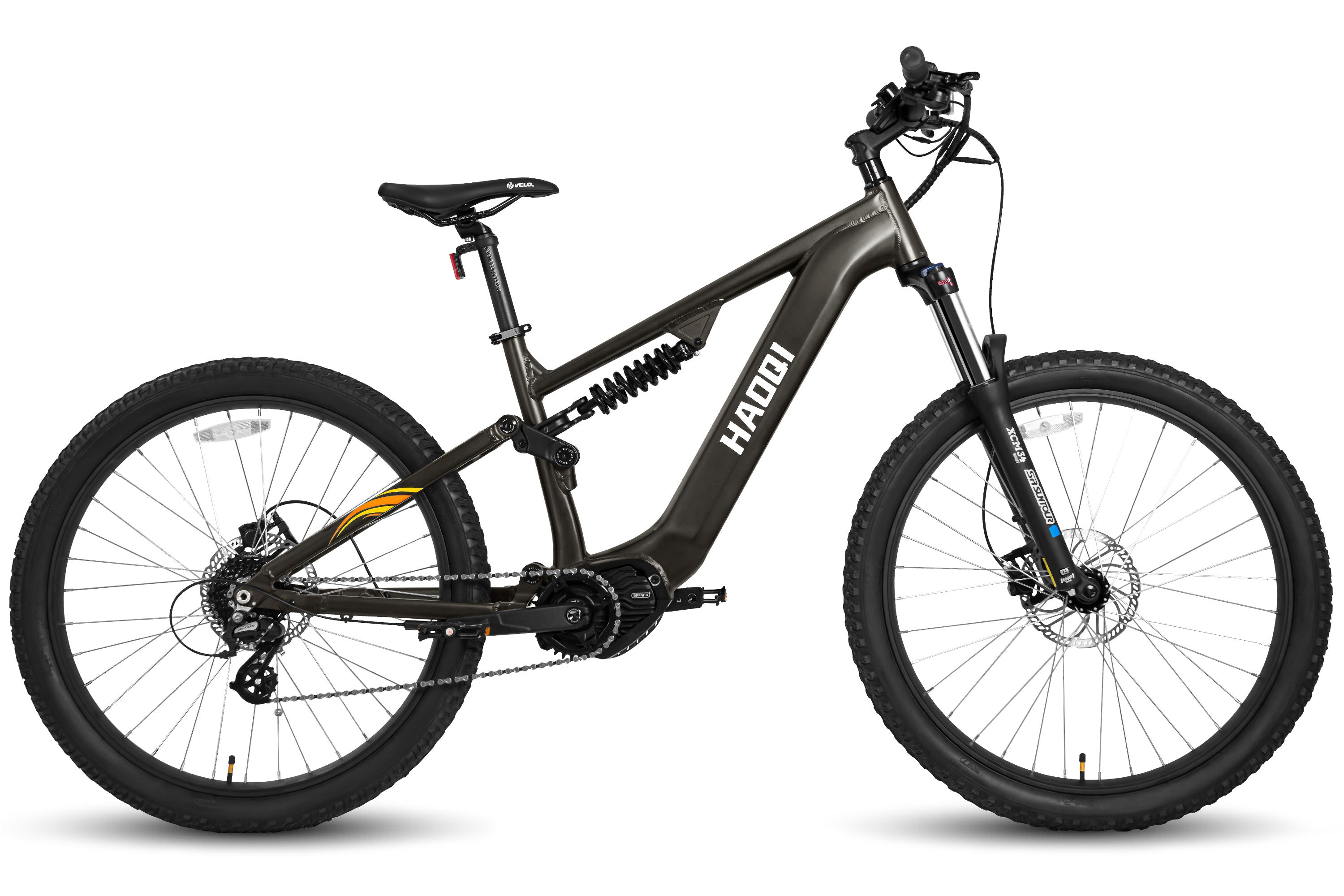
![HAOQI Eagle Long Range Electric Bicycle (UL Certified) [electric bike] [HAOQI ebike]](http://haoqiebike.com/cdn/shop/files/2_bf7ae46b-aad6-472a-9c14-d56ca3f0feb6.jpg?v=1755142722&width=1500)
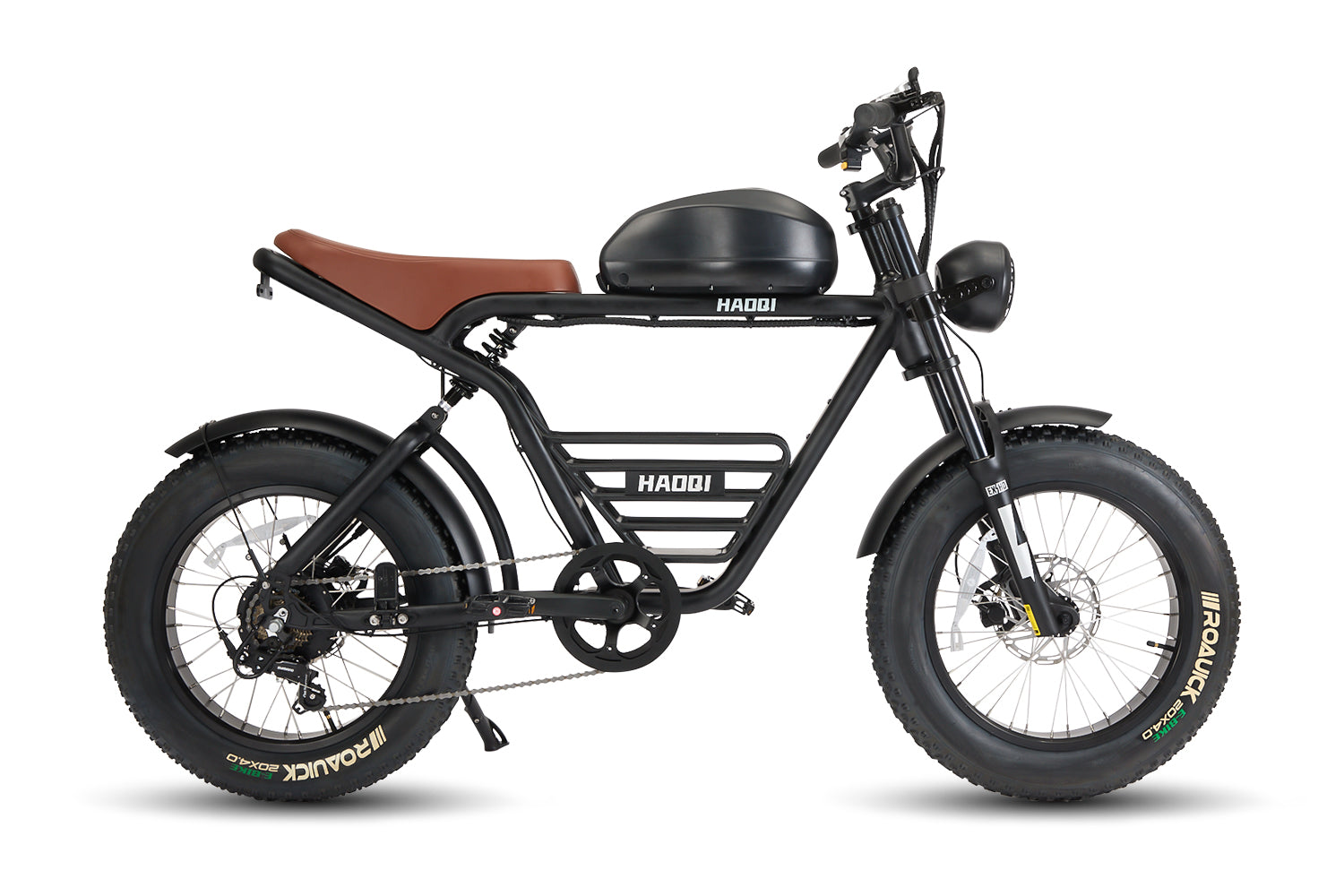
![HAOQI Antelope Pro 750W Cargo Electric Bike (UL Certified) [electric bike] [HAOQI ebike]](http://haoqiebike.com/cdn/shop/products/haoqi-antelope-pro-cargo-electric-bike-with-dual-battery-750w-haoqiebike-com-1.jpg?v=1768462381&width=1500)

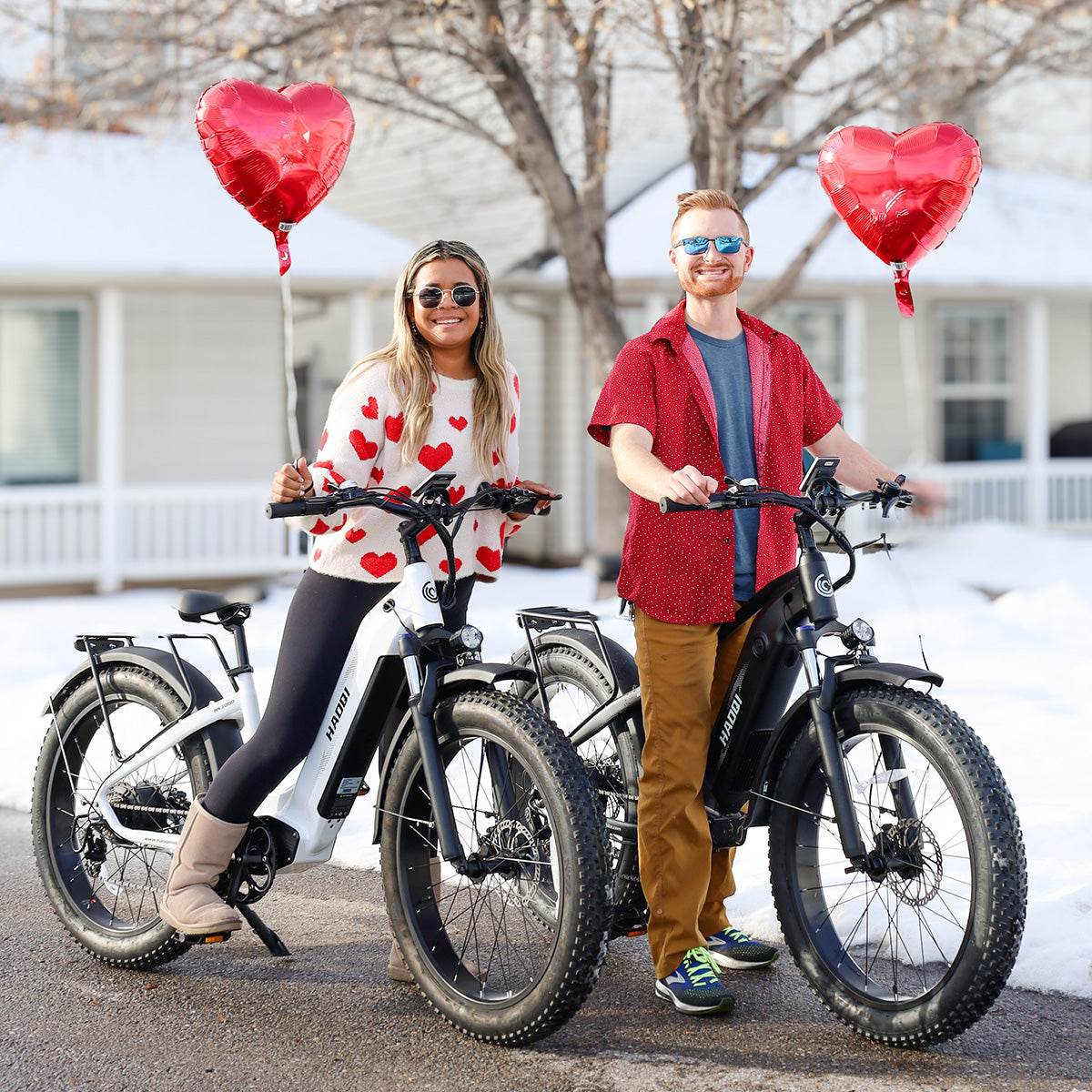
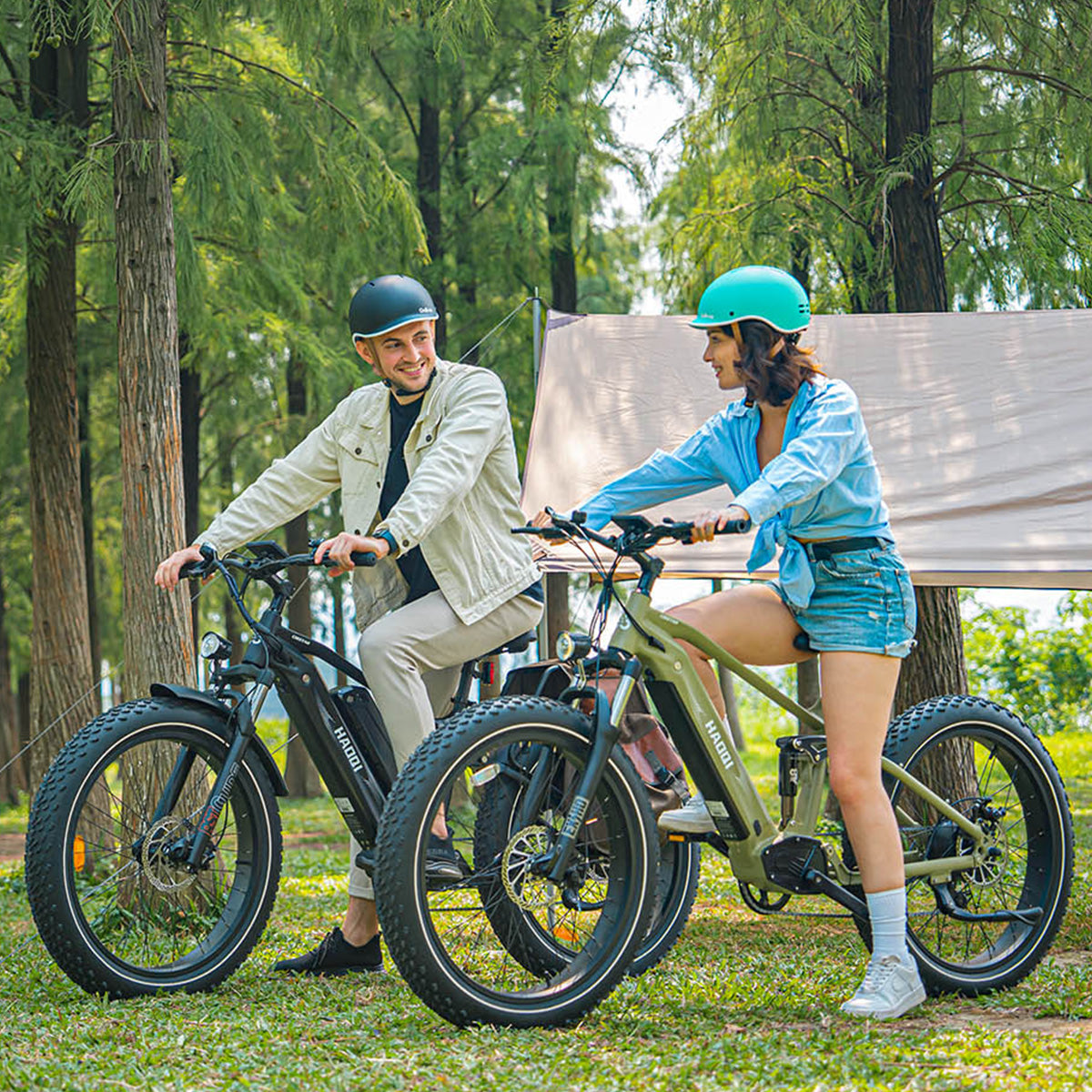

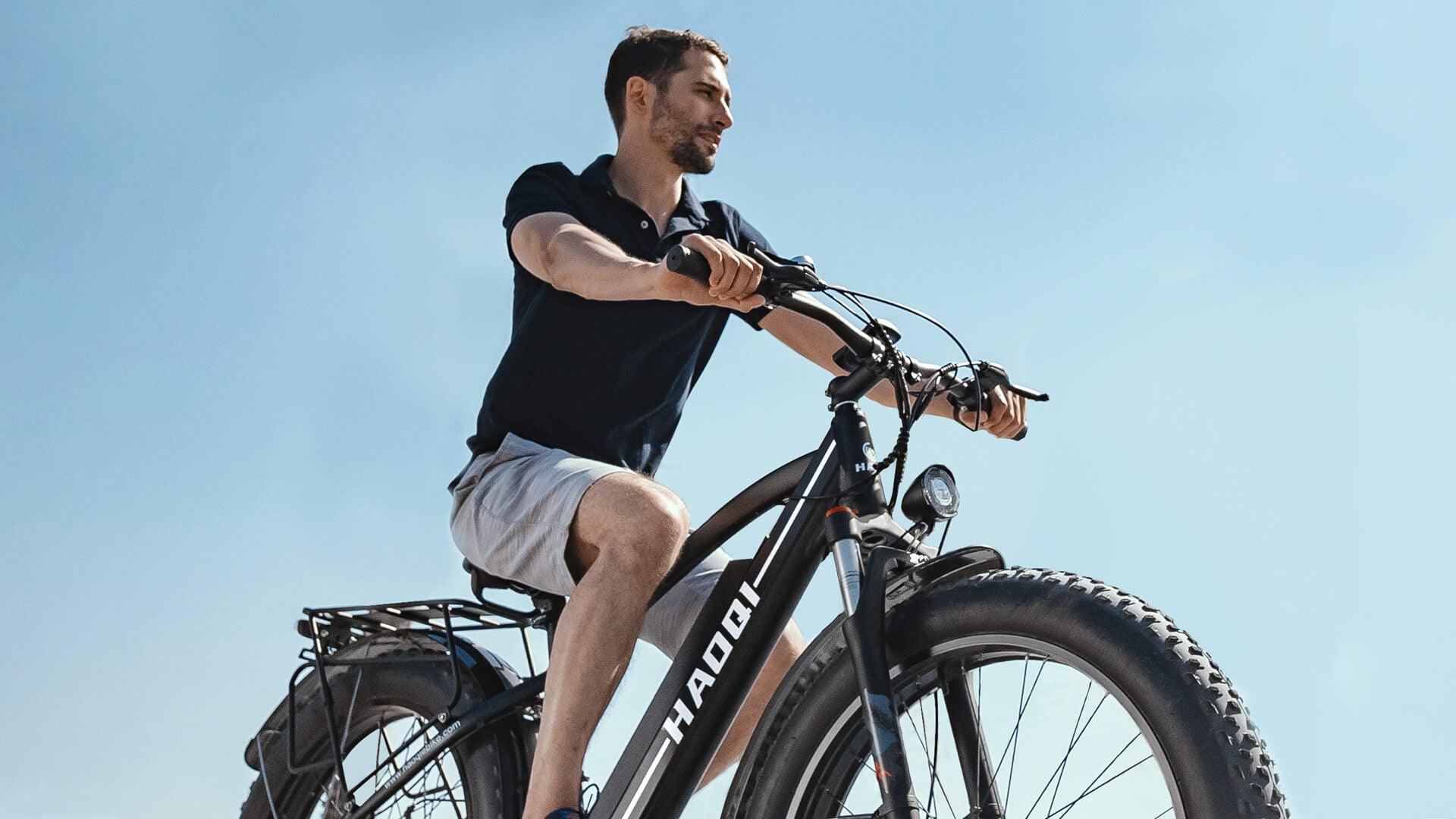
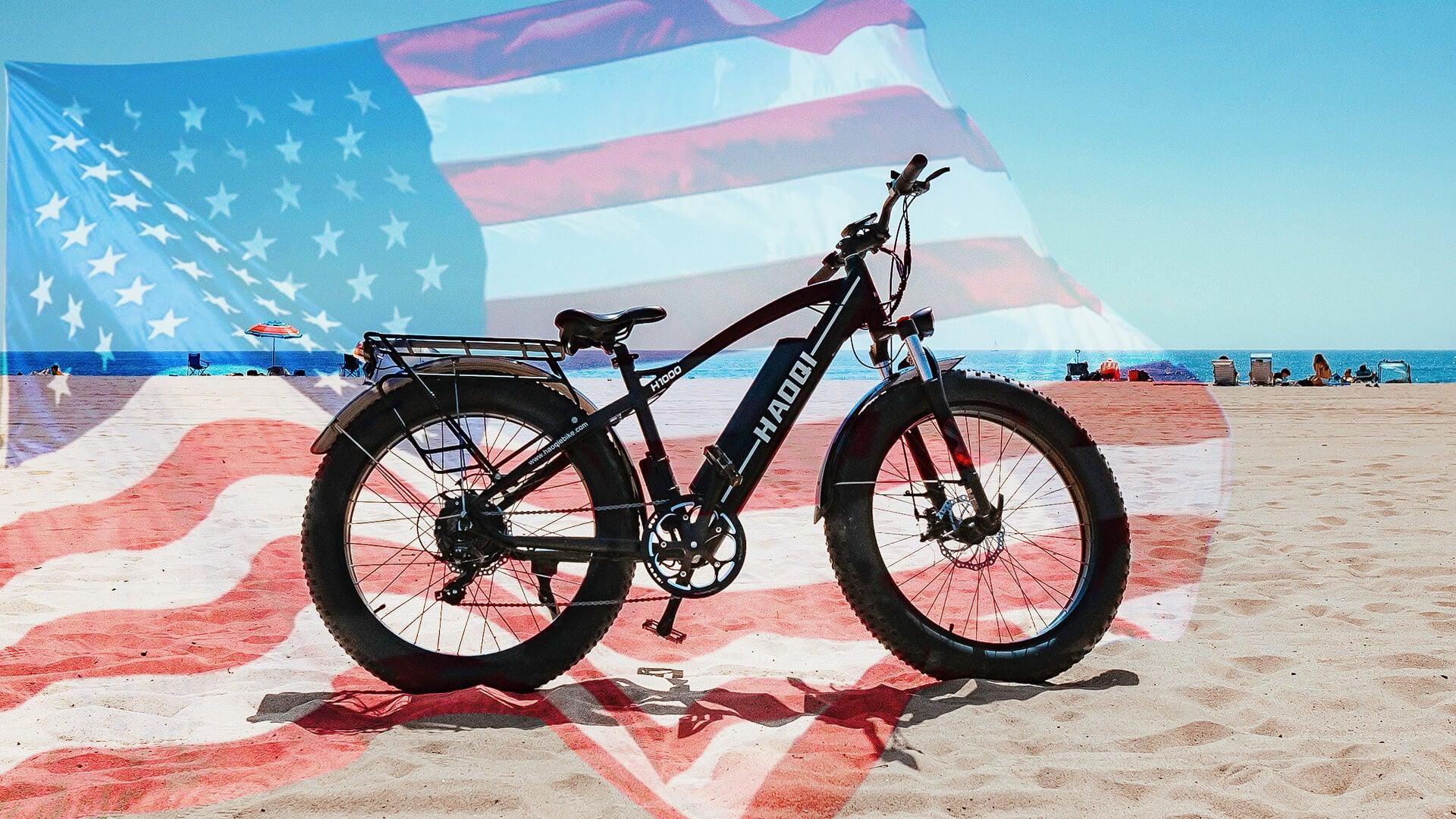




1 comment
Kenneth Sobol
Do you sell a commuter
Leave a comment
All comments are moderated before being published.
This site is protected by hCaptcha and the hCaptcha Privacy Policy and Terms of Service apply.